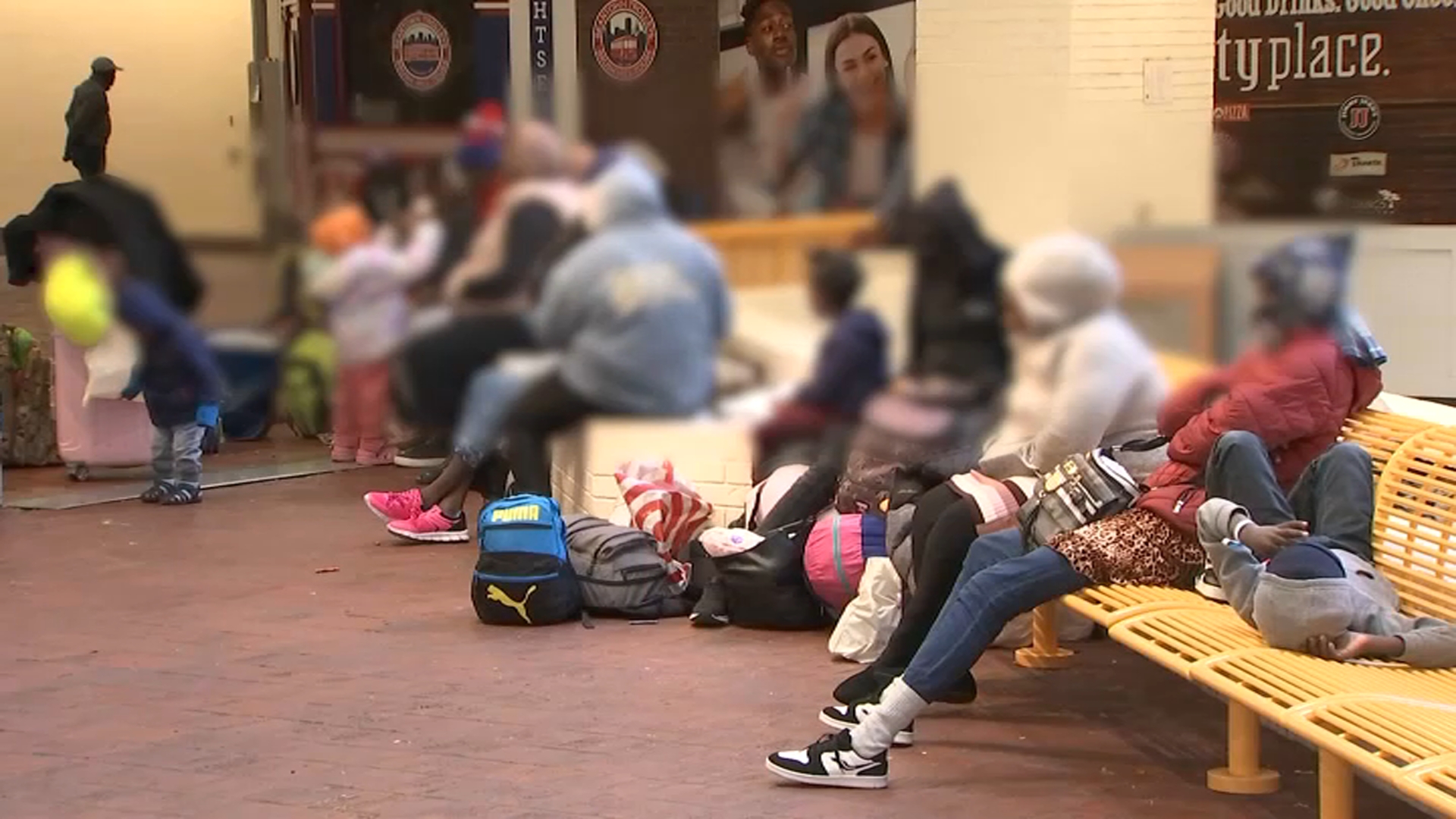The Massachusetts Senate has passed a supplemental budget that would provide $800 million to help the state handle its shelter crisis after unanimously voting to ban revenge porn.
Money in the budget bill, approved Thursday night by a 32-8 vote, will support housing development and shelter costs.
WATCH ANYTIME FOR FREE
Stream NBC10 Boston news for free, 24/7, wherever you are. |
Earlier Thursday, all 40 senators voted in favor of legislation that would make Massachusetts the 49th state to enforceably ban revenge porn, teeing up fresh negotiations on a topic where lawmakers failed to complete their work last term.
The bill (S 2703) would create a new criminal offense for disseminating sexually explicit material without the subject's consent, craft new education and diversion programs to deal with teen sexting, and crack down on "coercive control" by abusers.
Get updates on what's happening in Boston to your inbox. Sign up for our News Headlines newsletter.
The legislative body was also expected to vote Thursday on a bill that would limit the length of shelter stays in Massachusetts.
Backers said they are optimistic the measure can finally close a legal "loophole" that leaves Massachusetts and South Carolina as the only two states where law enforcement is unable to respond forcefully to revenge porn, a practice that has become more common and subjects survivors to major emotional, psychological and financial harm. The House unanimously approved its own revenge porn bill in January and top Democrats have said the branches are more closely aligned on the issue than in the past.
Sen. John Keenan, who filed standalone legislation to crack down on the behavior, turned his eyes toward the Senate gallery during Thursday's session and thanked survivors in attendance for coming forward with their personal stories.
"Today, let us close this loophole. Let us give closure to people who have been victimized by this crime but have been survivors and have contributed to making a difference," the Quincy Democrat said. "Let this legislation make a difference so that everyone knows this is not acceptable, it is criminal, and there will be a consequence."
Senators adopted nine of the 32 amendments they had filed to the bill that emerged from the Senate Ways and Means Committee last week, addressing pre-trial probation, abuse of harassment orders, reporting requirements and more.
One of the adopted amendments, from Sen. Michael Moore, calls for the responsible use of generative artificial intelligence to be included in the education and diversion program curriculum called for in the underlying bill. Moore mentioned "deepfakes" — AI-created images or videos that often depict situations, actions or speech that never really happened — and said the technology is increasingly used to create nonconsensual pornographic images.
Sen. Julian Cyr had an amendment that also addressed deepfakes, by establishing a task force to "begin to address problems that are closely related to revenge porn but are not revenge porn." He said the task force could wrestle with the legal implications of things like impersonation, deepfakes, and sexting.
"While the commonwealth has laws that are dedicated to various forms of identity theft, there are no current laws addressing these issues and we felt that it made sense to begin to take a look at the myriad of other instruments on the internet that could cause headaches and distress and worse to residents here in the commonwealth," Cyr, a Truro Democrat, said.
And Minority Leader Bruce Tarr sponsored an adopted amendment that would "take a step in that direction" of allowing for an increase in the penalty (both time of incarceration and amount of a monetary fine) for any offender whose victim is a minor. Tarr said the amendment was redrafted to "make it clear that prosecution under the statute that we now debate — if it were to become law — would not preclude prosecution concurrently, pursuant to other statutes which carry a severe penalty."
"I think we can all agree to the proposition that when that kind of activity occurs, it is predatory. And we should make it clear that it should be punished in the most strictly available way that we have at our disposal," Tarr said. The Gloucester Republican added, "The measure that we take now moves us in the right direction. … But I would say that it's imperative that we continue this conversation to ensure that folks that engage in this behavior and are predating on minors get a severe penalty that is beyond the simple penalty."
Before they can put a bill on Gov. Maura Healey's desk, top House and Senate Democrats will need to reconcile differences in the versions they approved.
They diverge on which entity should be in charge of overseeing education and diversion programs for teens involved in sexting, with the House tasking the attorney general's office and the Senate instead calling for the Office of the Child Advocate to take the lead.
The bills also take different approaches to reforming how long prosecutors can pursue charges in some abuse cases. The House proposal would extend the statute of limitations from six years to 15 years for assault and battery on a family or household member or against someone with an active restraining order.
That reform does not appear in the Senate bill. Sen. Joan Lovely of Salem offered an amendment that would have added similar language that senators rejected on an unrecorded voice vote without debate — after which Lovely received unanimous consent to change the amendment's official outcome to withdrawn.




